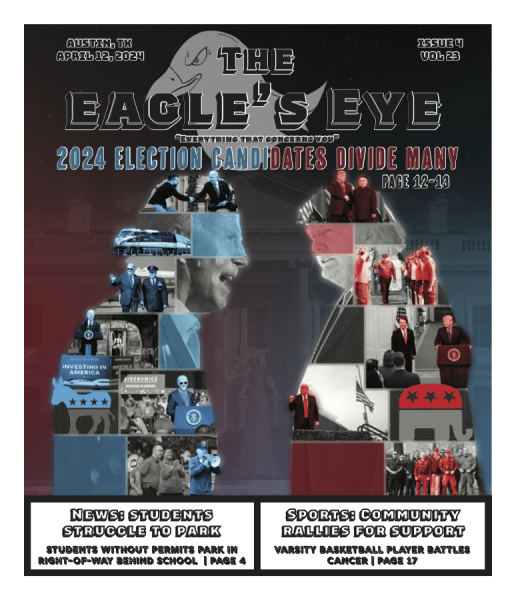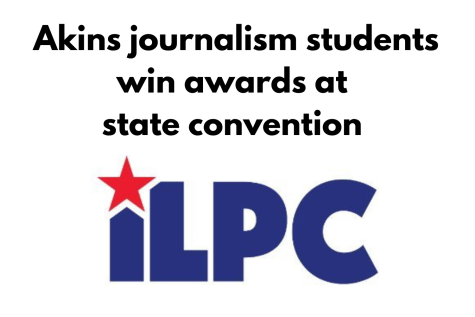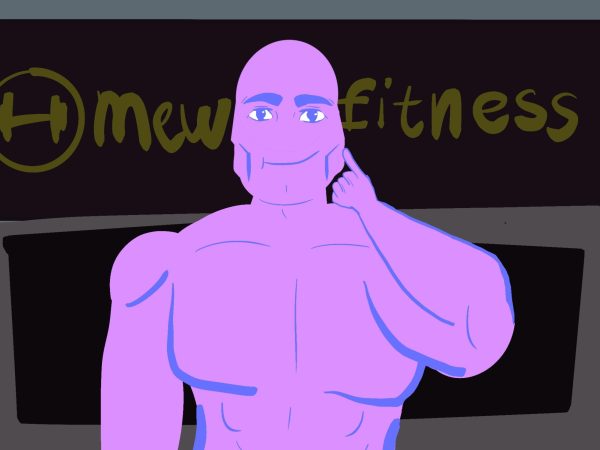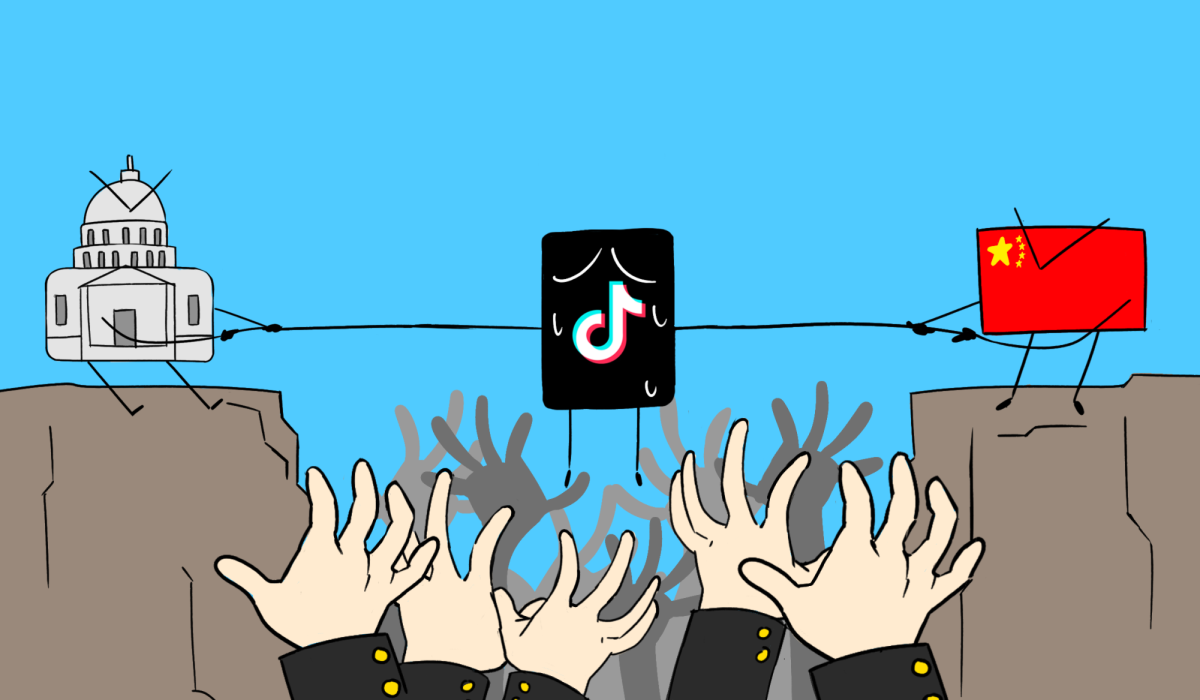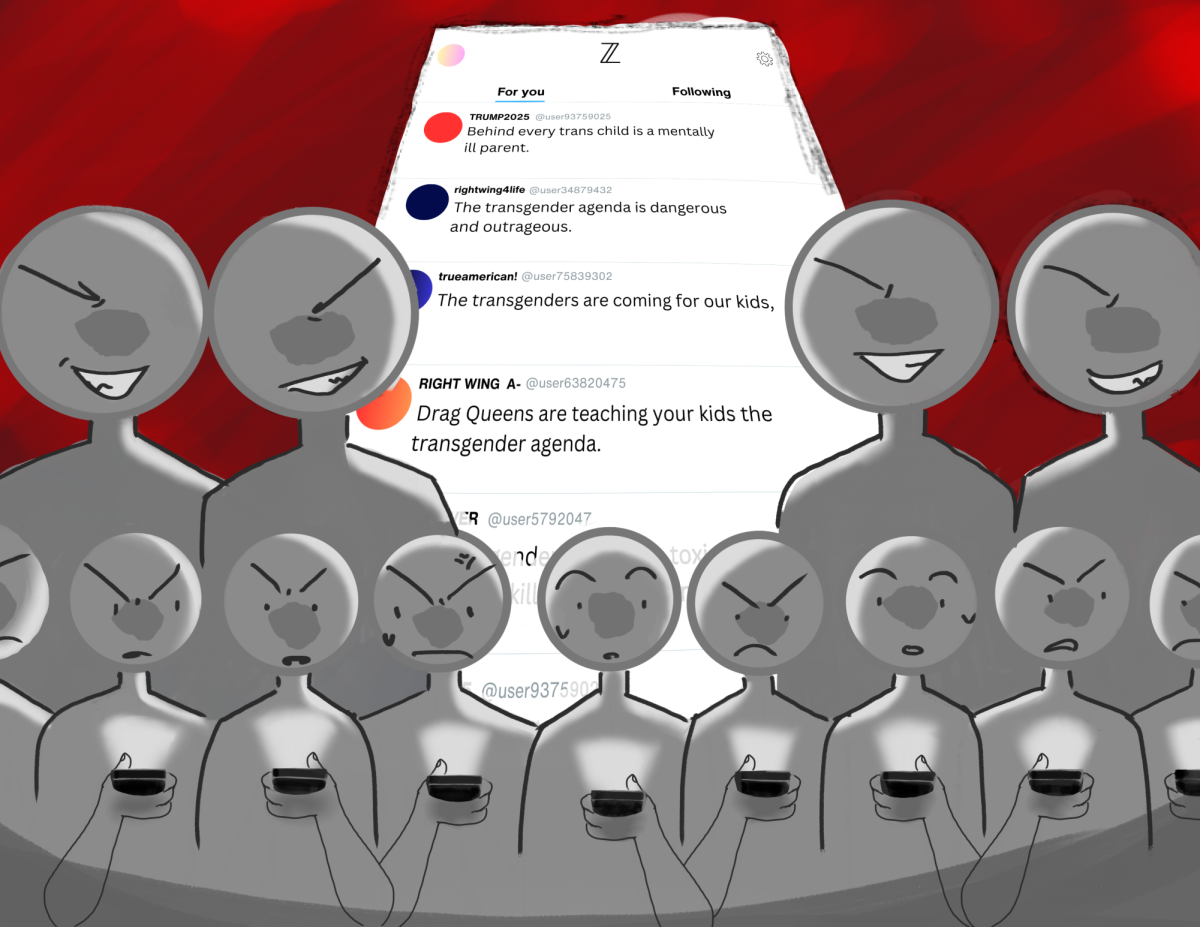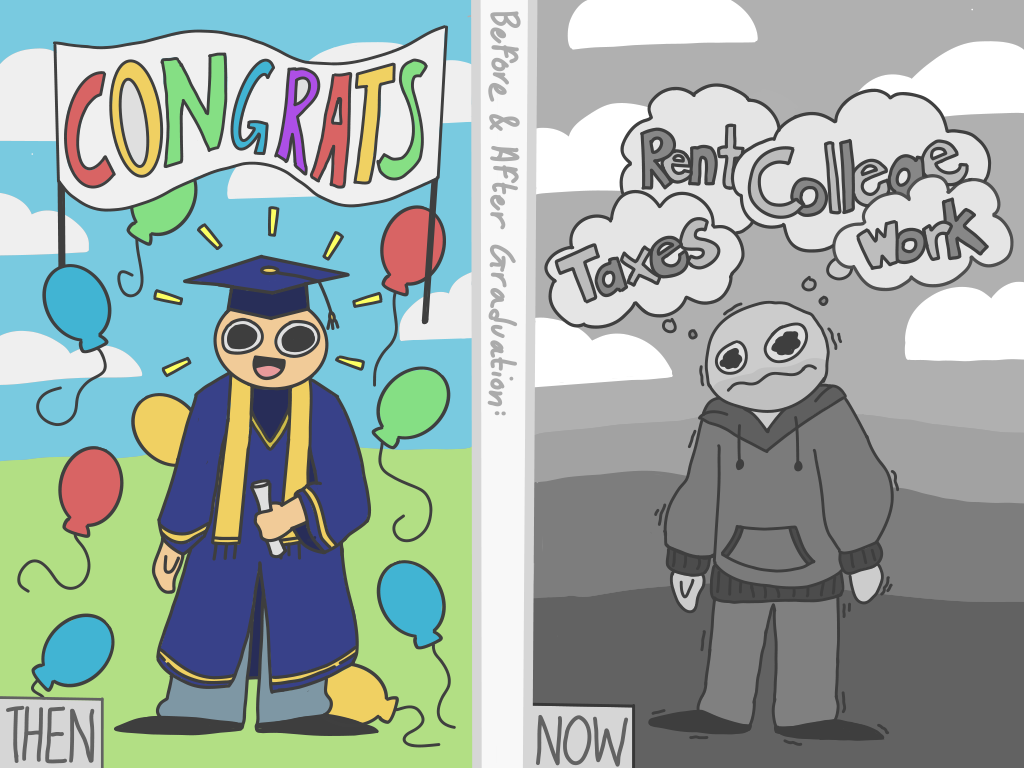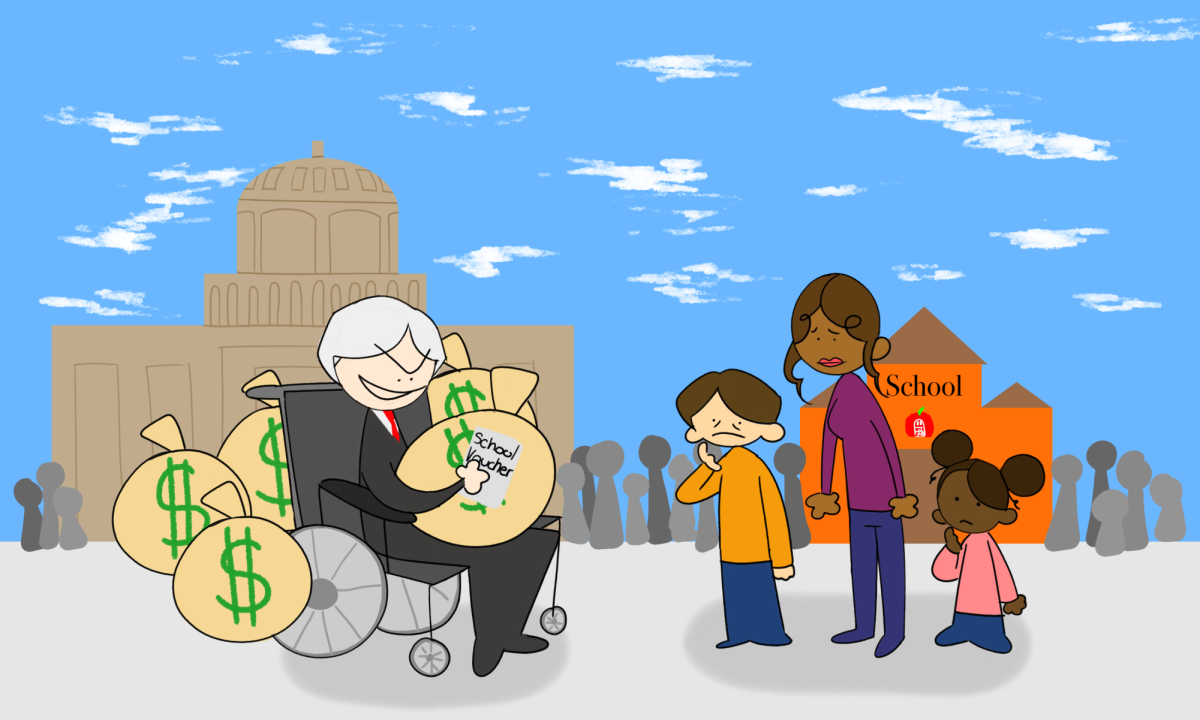Starting this year every teacher is being required to send home an online assignment consisting of a YouTube video, with a work sheet or quiz to follow it the next day. This new program is called “Flipped Classroom.” With this push for a new “culture” at Akins, many problems have arisen.
The first problem is the lack of Internet access for some students. The second biggest problem is the fact that it counts as a grade. Another problem is if students don’t do the assignment, they could become further behind on the subject in that certain class. Another problem is that students are not usually taught with videos. Also, some teachers on campus are relying on this new tool to teach students their subject matter. The final difficulty is that some students cannot learn from just watching a video.
Akins is a low-income school and that it is a known fact. Being a low-income school, many students cannot afford to have the Internet at home. This can result in not completely the assignment. When a student does not complete an assignment it could bring down the students grade in that class.
Another fault is, if they don’t complete an assignment it can lead to not knowing how to do things in class. In some classes, teachers assign a video that is part of the next lectures notes. In class, if you have not completed the assignment, you will have no clue what to do in class. If you’re behind on the notes, you won’t be able to complete other assignments that go with it.
Also, students at Akins are not used to this system. The videos should be eased into teachings instead shoved onto students as a quiz grade. Many teachers have never used a video to explain something to a student before, and now they are expected to do this. How is this fair to a student?
In some classrooms, teachers are using this new assignment to teach students the subject. The teachers are relying on the computer to teach the student. The teacher should be teaching the student, not a video. Many students have trouble understand a new lesson, let alone from a video. This can keep the student from being successful.
A final problem with this new teaching technique is that some students may not be able to learn something from watching a five-minute video. With a video, you cannot get the same hands-on effect that you get in a classroom setting. A student may be able to fill out a worksheet or get a 100 on a quiz, but do they really learn the concept? Also, the flipped classes really do not aid some subjects. In a class such as art, how can this really save time and teach you something?
Proponents suggest that if a student does not have access to Internet at home, they should try going to the library or using their phones and that they have more than enough time during lunch and after school. But, not all students have Internet on their phone. Also, many students may not have the ability to stay after school or arrive early to school due to the fact that they ride the bus, have family obligations, or even a job. Duing lunch, studens should not have to choose between lunch and doing that assignment. That is not fair.
Other arguments include the idea that it is the students responsibility and they should be held accountable if they don’t watch it. Yes, all students should be held accountable but not to the point where their learning is effected, or their grade suffers for something that they cannot control like not having internet at home. A student’s notes for the next class should not be homework, they should be taught in class. It should also not effect the grade of a student in a class in the form of a quiz grade.
Another reason that some may suggest fixing the problem is that if a student cannot learn from a video, they should just go to tutoring. But how does this save time? It would save more time for the student and teacher if the topic or video were taught in class with an explanation to help everyone’s learning needs, not just a select few.
The flipped classroom should not be used as an extra assignment, but an aid to learning. In subjects like math where a lot of notes are taken the videos could be used as tools if you don’t know how to do something. Many students already use online textbooks or YouTube for help. The videos should be used as an extra tool, not as an extra grade in the book. Teachers should be teaching the information and not relying on the videos to teach the students. These “flipped” assignments should not be weighted quiz grades either. Use this to help us learn, but don’t mandate this as a grade.


